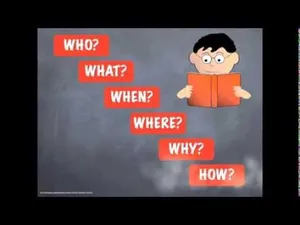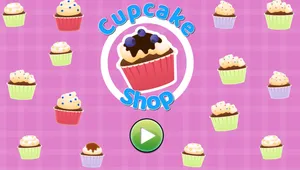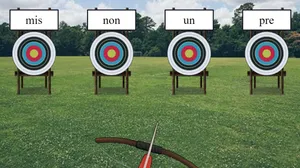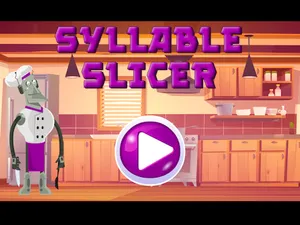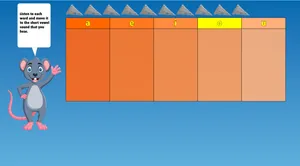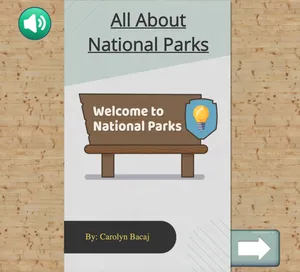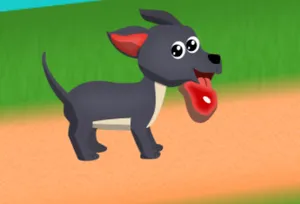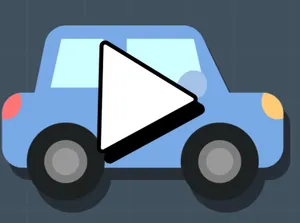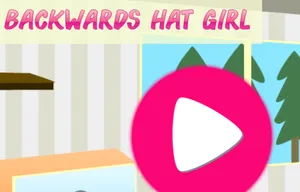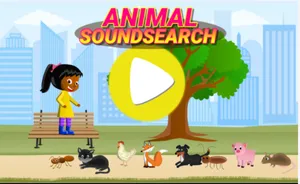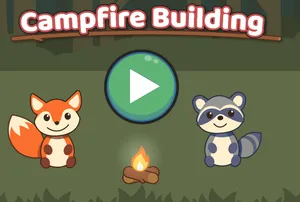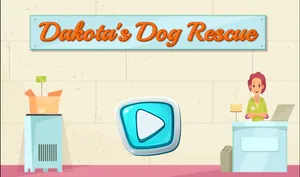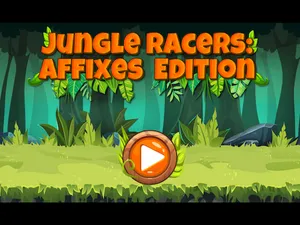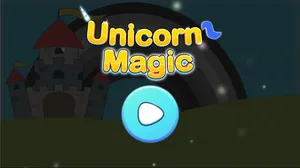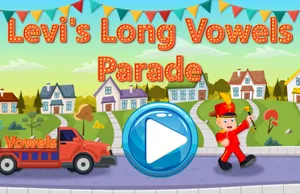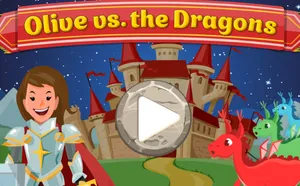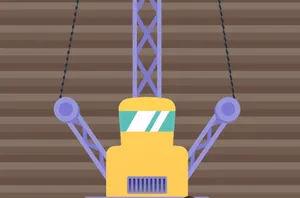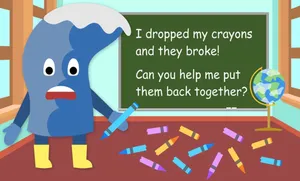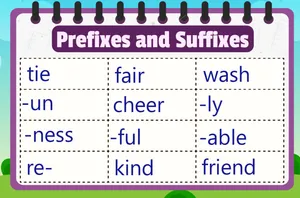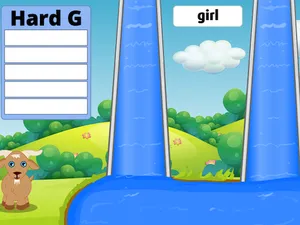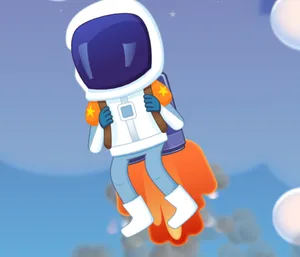Syllable Slicer
Identify Syllables
RF.1.3.d and 1 more
Word Sort
R-Controlled Vowels
RF.2.3.b and 1 more
All About National Parks
Connecting Story Details
RI.2.5 and 1 more
The Dog and The Reflection
Stories Can Teach Lessons
RL.2.2 and 1 more
Separating Sounds
Letters Make Words
RF.K.2.d and 1 more
Backwards Hat Girl
Using Pictures in Stories
RL.K.7 and 1 more
Animal Sound Search
Sounds You Hear in Words
RF.1.2.c
Campfire Building Consonant Digraphs
"Sh" and "Ch"
RF.1.3.a
Dakota's Dog Rescue 2nd Grade
Multiple Meaning Words
L.2.4.a
Jungle Racers Root Words 2
Root Words
L.2.4.c
Unicorn Magic Compound Words
Compound Words
L.2.4.d
Levi's Long Vowels Parade
Long and Short Vowels
RF.2.3.a
Olive Vs. The Dragons Grade 2 Vowels
Long and Short Vowels
RF.2.3.a
Word Building Pyramids Vowel Teams
"ai," "ay," and "ow"
RF.2.3.b
Quarry Words
"ai," "ay," and "ow"
RF.2.3.b
Crayons!
Decode Words
RF.2.3.d
Prefixes and Suffixes 2nd Grade
Decode Words
RF.2.3.d
Spin to Win
Tricky Spelling Patterns
RF.2.3.e
Water Sliding with Goat and Giraffe
Tricky Spelling Patterns
RF.2.3.e
Cloud Surfing 2nd Grade
Irregularly Spelled Words
RF.2.3.f
Reading Activities and Teaching Resources for 2nd Grade
Are your second graders happy, or are they ecstatic? Are they lively or bouncing off the walls? Loud or ear-splitting? Shades of meaning can make all the difference!
Most second graders will have developed enough independent reading skills that they can begin to consume and comprehend more complex texts spanning a variety of genres. Decoding skills have developed to include complex spelling-sound correspondences and two-syllable words, while oral reading begins to include purposeful inflection and cadence. Students can craft compound sentences, use commas, and infer the meaning of unknown words.
For a more comprehensive look at eSpark's standards-aligned second grade reading teaching resources, check out the breakdown of covered domains and the skills students will be working on here:
Some of the skills students will master in eSpark include:
Reading Foundational Skills
- Distinguish long and short vowels when reading regularly spelled one-syllable words.
- Know spelling-sound correspondences for additional common vowel teams.
- Decode regularly spelled two-syllable words with long vowels.
- Decode words with common prefixes and suffixes.
- Identify words with inconsistent but common spelling-sound correspondences.
- Recognize and read 2nd grade sight words.
- Read 2nd grade text with purpose, understanding, and expression.
- Meet 2nd grade phonics and phonological awareness objectives.
Reading Literature
- Ask and answer questions such as who, what, where, when, and why.
- Recount stories, including fables and folktales from diverse cultures, and determine their central message or meaning.
- Describe how characters respond to major events and challenges.
- Describe how words and phrases (e.g., regular beats, alliteration, rhymes, repeated lines) supply rhythm and meaning in a story, poem, or song.
- Describe the overall structure of a story.
- Acknowledge differences in point of view, including assigning different voices to each character.
- Use information gained from illustrations and words to demonstrate understanding.
- Compare and contrast two or more versions of the same story by different authors or from different cultures.
- Proficiently read and comprehend literature, including stories and poetry, in the grades 2-3 text complexity band.
Language
- Determine or clarify the meaning of unknown and multiple-meaning words and phrases.
- Use sentence-level context as a clue to meaning.
- Determine the meaning of the new word formed when a known prefix is added to a known word.
- Use a known root word as a clue to meaning.
- Use knowledge of the meaning of individual words to predict the meaning of compound words.
Reading Informational
- Ask and answer questions such as who, what, where, when, and why.
- Identify the main topic of a multiparagraph text, as well as the focus of specific paragraphs.
- Describe the connection between a series of historical events, scientific ideas/concepts, or steps in technical procedures.
- Determine the meaning of words and phrases in texts relevant to a 2nd grade topic or subject area.
- Know and use various text features (e.g., captions, bold print, subheadings, glossaries, indexes, menus, icons) to locate key facts or information.
- Identify the main purpose of a text, including what the author wants to explain, answer, or describe.
- Explain how specific images contribute to and clarify a text.
- Describe how reasons support specific points the author makes in a text.
- Compare and contrast the most important points presented by two texts on the same topic.
- Proficiently read and comprehend informational texts, including history/social studies, science, and technical texts in the grades 2-3 text complexity band.
eSpark is truly unique in the world of online learning. Our holistic, student-centered approach blends the proven benefits of play-based learning with systematic, explicit, and direct instruction. It’s proof that learning can be fun, personalized, and effective, all at once!
eSpark meets the criteria for evidence-based interventions under ESSA guidelines, and has been proven in multiple studies to improve student performance in math and reading.
When you sign up for an eSpark account, your students experience these activities via adaptive, differentiated independent pathways and teacher-driven small group assignments. Teachers also have access to detailed usage and progress reports with valuable insights into standards mastery, student growth trends, and intervention opportunities.
With the addition of the game-changing Choice Texts for the 2023-2024 school year, eSpark has cemented its status as the most loved supplemental instruction option for students and teachers alike. Claim your free account today and see the difference for yourself!
